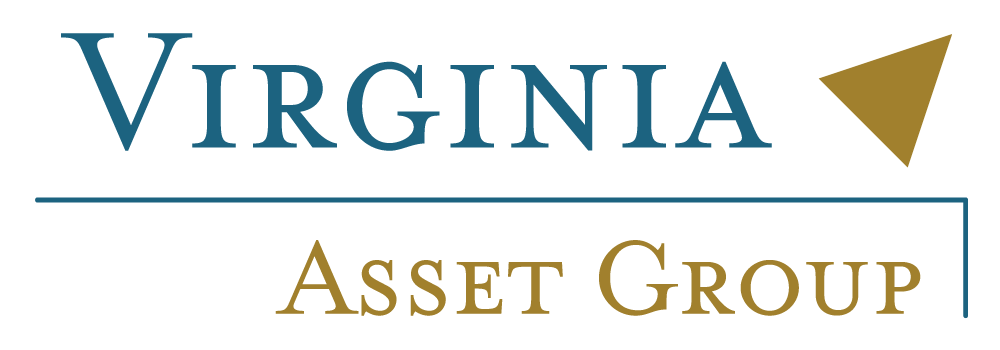Understanding the Basics
- Introduction
- Now That You Have the Time... Will You Have the Money?
- How Sturdy Is Your Three-Legged Stool?
- Myths about Retirement Planning
- Big Picture Preview
- Basic Guidelines
- Get a Head Start on Your Retirement Today
- Retirement Action Steps
- Five or More Years from Retirement
- Two Years from Retirement
- Six Months or Less from Retirement
- Bridging the Retirement Insurance Gap
- Company-Sponsored Retiree Medical Coverage
Big Picture Preview
Here are the key considerations for developing your retirement planning strategy:
- Retirement Benefits. Will your company still provide you (and your family) with health benefits when you retire? Or will you have to supplement your medical insurance needs when you're over 65? Could inadequate medical coverage wipe out your life savings in the event of health problems?
- Social Security. What percentage of your pre-retirement income will it replace? Does it make sense to start collecting benefits sooner rather than later? What happens to your Social Security retirement benefits if you go back to work?
- Where, What and When. Where will you live? What will your retirement lifestyle be like? Is it the right time for you to retire?
- The Cost. How much income will you need? Will your savings be sufficient or will you have to consider altering your lifestyle? Will you need to work part-time even if you don't want to?
- Sources of Income. What resources do you have to draw upon? Besides Social Security and your savings, how much income can you expect to receive from your pension? Will you (or you and your spouse) be better off with a monthly income or taking a lump-sum distribution and investing it on your own?
- Making It Last. How should you invest your retirement savings to increase your income while preserving your money?
- Taxes. Should you roll over your company savings plan into an IRA and defer taxes or report it as taxable income currently? What's the best way to start withdrawing money from your IRA? Should you establish a Roth IRA?
- Selling the House. Should you sell your home and move into a smaller residence? What kind of financial ramifications will that have?
- Estate Planning. What legal instruments should be in place so that you don't burden family and friends if you develop a serious illness or die suddenly? Are there any special provisions to make if you have young children or elderly parents?
It's a lot to think about, but it's better to think about it before you retire... otherwise you'll probably spend a lot of time worrying about it when you could be enjoying yourself. To help you begin to plan, keep some basic guidelines in mind.
Share Article:
Investment and insurance products and services are offered through Osaic Institutions, Inc.,
Member FINRA/SIPC. Osaic Institutions and the bank are not affiliated. Products and services made
available through Osaic Institutions are not insured by the FDIC or any other agency of the United States and
are not deposits or obligations of nor guaranteed or insured by any bank or bank affiliate. These
products are subject to investment risk, including the possible loss of value.






